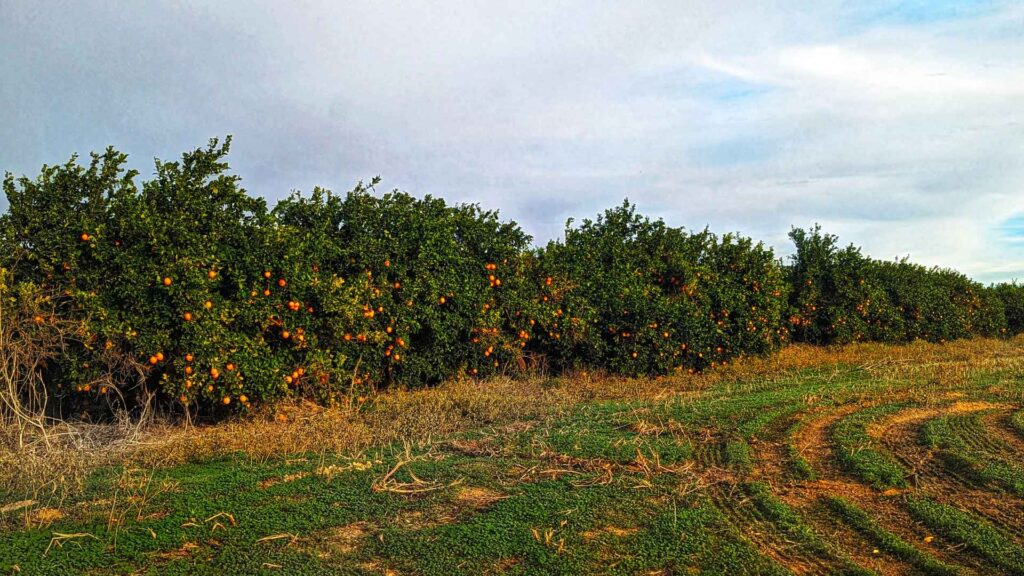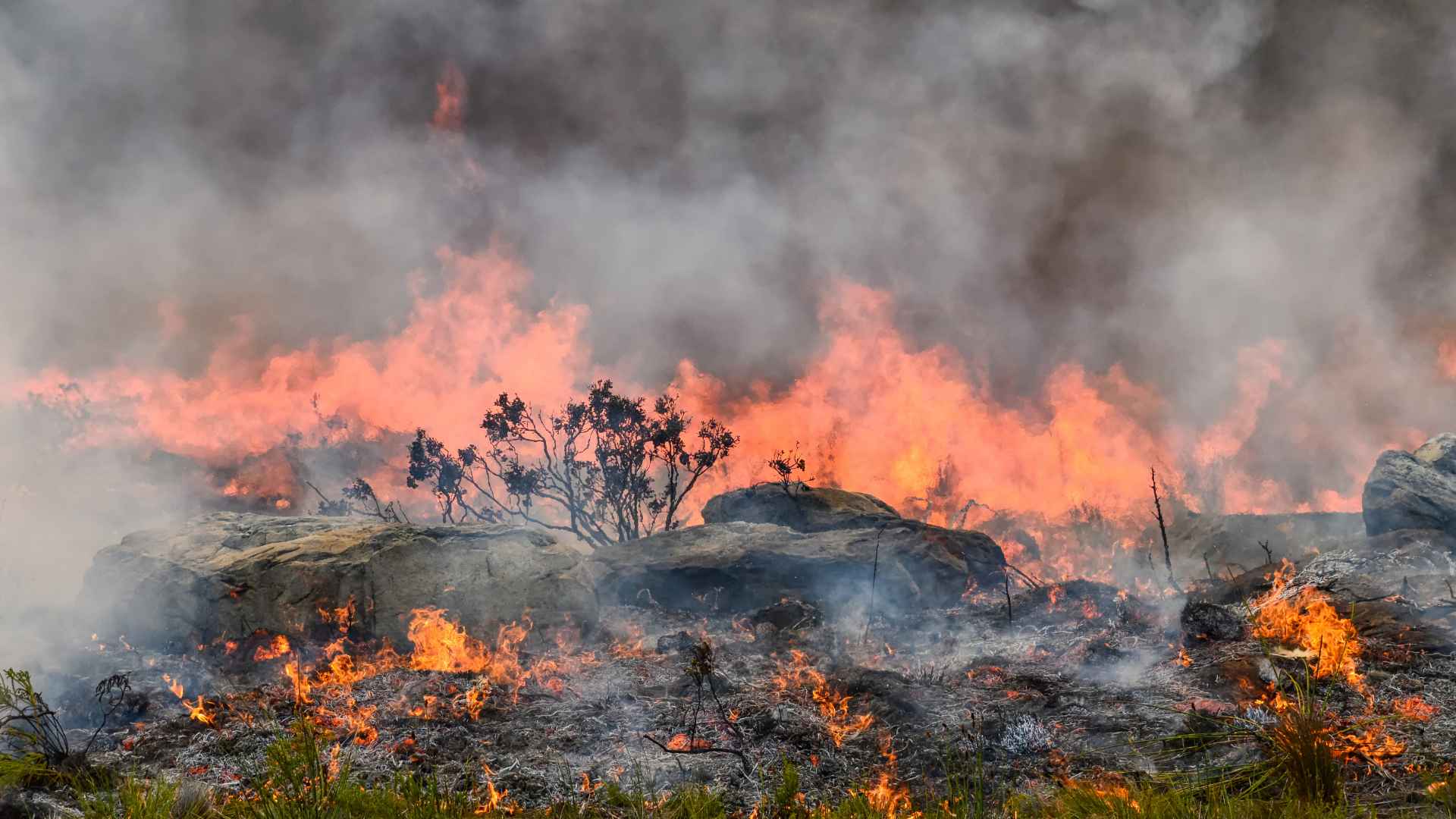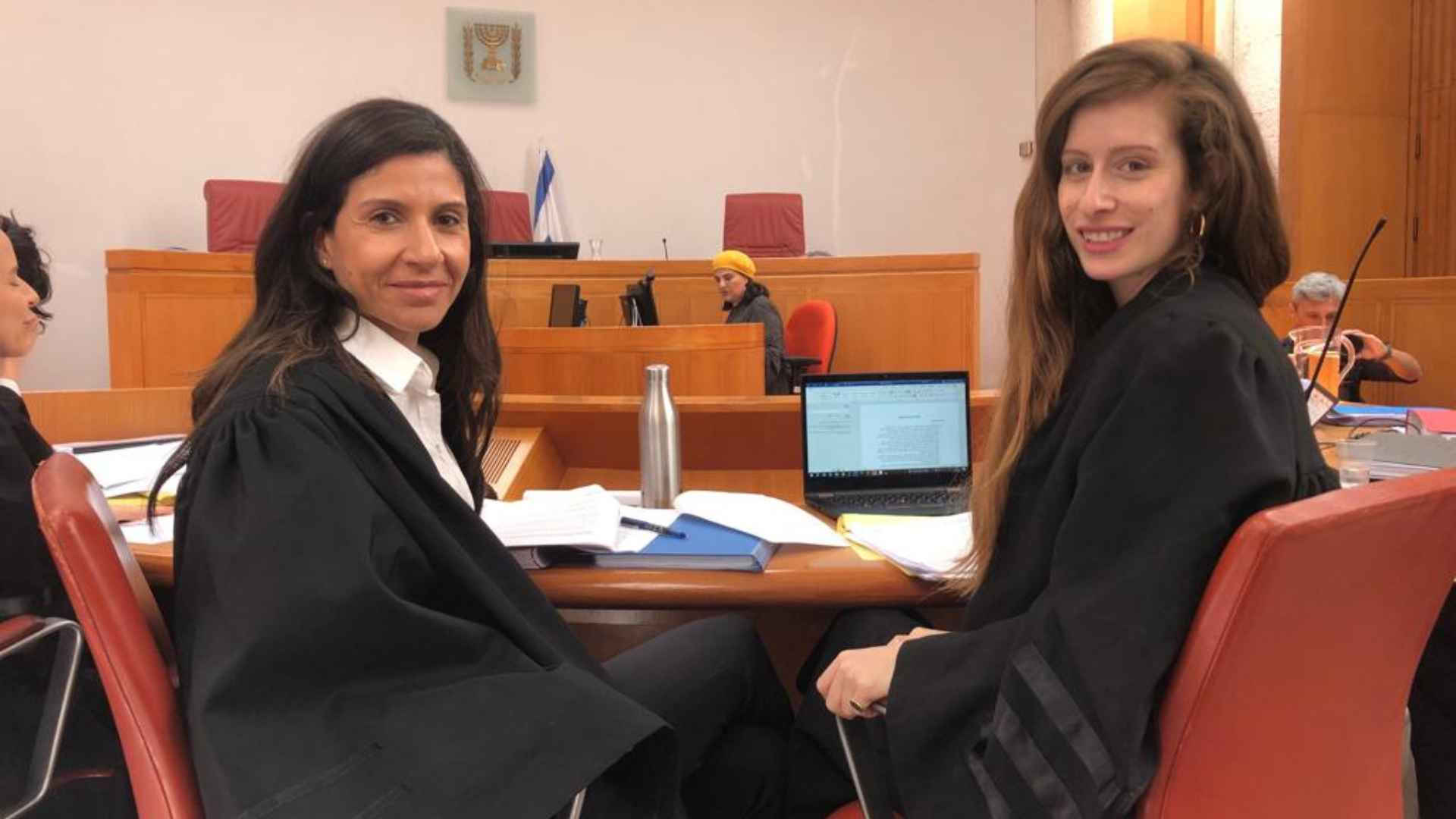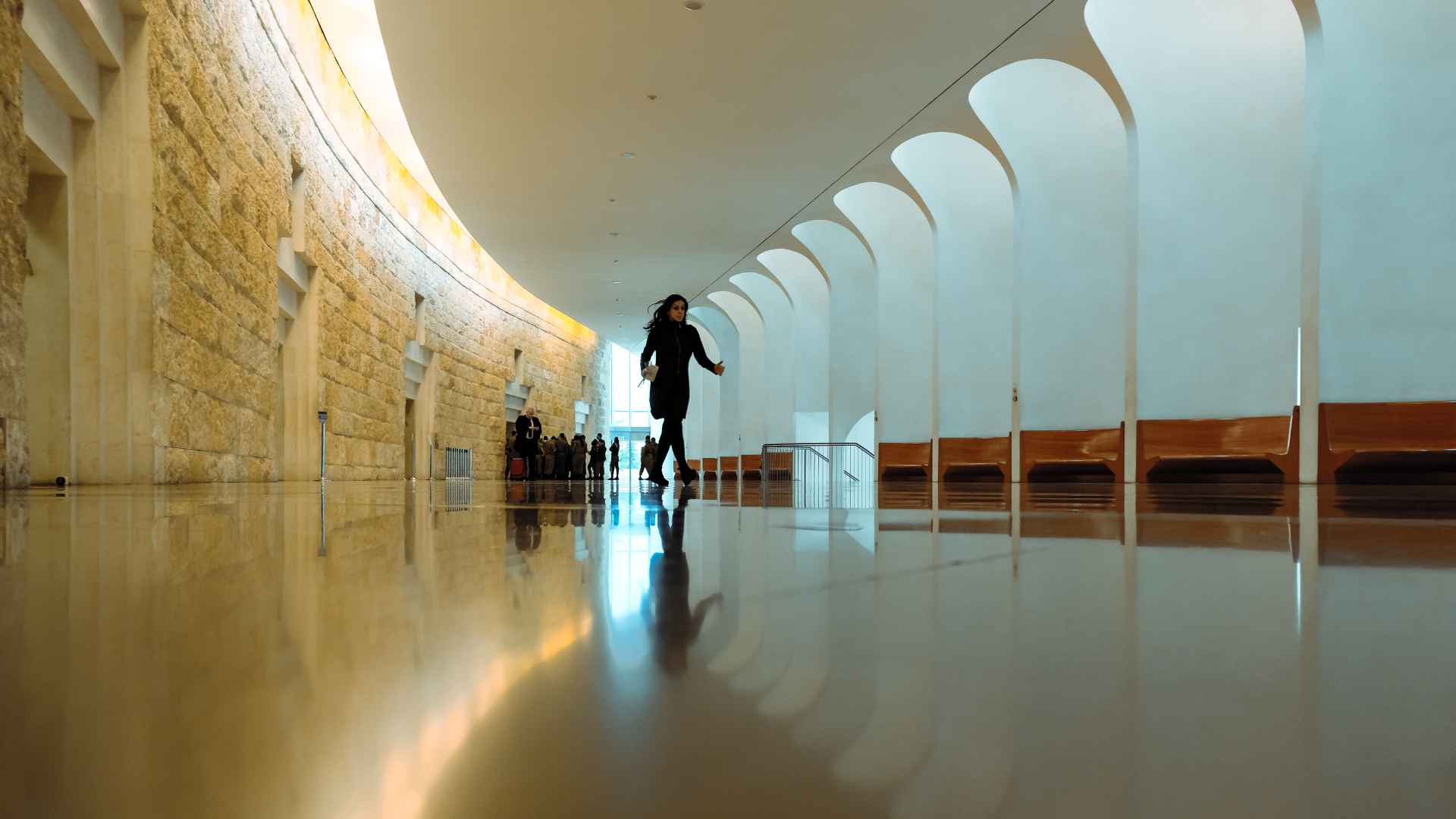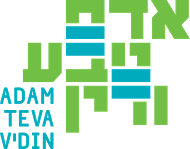There is an urgent need for the Tkuma program as a concept (restoration or rebuilding) and as a template for regional and national growth. Rebuilding the homes and communities destroyed by the Hamas invasion on October 7 is a sacred duty; some quarter of a million people are currently displaced as a result of the war. The government has already committed a provisional budget of NIS 18 billion to develop a regional strategy to accelerate the healing process of the area known as Otef Aza (‘Gaza envelope’ or the Gaza perimeter communities), that encompasses Sderot and kibbutzim and moshavim within 5 miles approximately of the border with Gaza.
It’s also an opportunity to elevate the region by rebuilding with a vision that goes beyond the familiar slogan of ‘Build Back Better”. Amit Bracha, CEO of Adam Teva V’Din notes that, “Adam Teva V’Din endorses the timely launch of the Tkuma Directorate. There’s no time to waste. We all need to see evidence of revival and restoration in order for Israel as a national to overcome the pain of loss.”
He continues, “We submitted to the Tkuma Directorate our position that revival must be based on achieving environmental sustainability for the region, along with local economic growth engines that will reinforce the long-term viability of communities and their livelihoods. Our years of service as Israel’s national environmental watchdog have taught us that there must be vigilance and a vision right from the start, if the Tkuma project is to avoid the pitfalls evident in our poorly planned infrastructure, polluted natural resources and woefully inadequate transportation.”
Adam Teva V’Din is calling for the revival to be planned as a model of environmental resilience based on strengthening agriculture sustainability in line with the climate crisis, and prioritizing local produce in the marketplace. Rebuilding must incorporate a local energy economy based on renewable energies and an improved distribution grid with energy storage; construction must be based on Green Building; waste management systems must be modern and resource-efficient; and planning procedures must be comprehensive and accelerated.
“Last but not least,” comments Bracha, “the Tkuma process must be open to participation of the public and local authorities if rebuilding is to be a true revival, a process of healing and restoration.”
